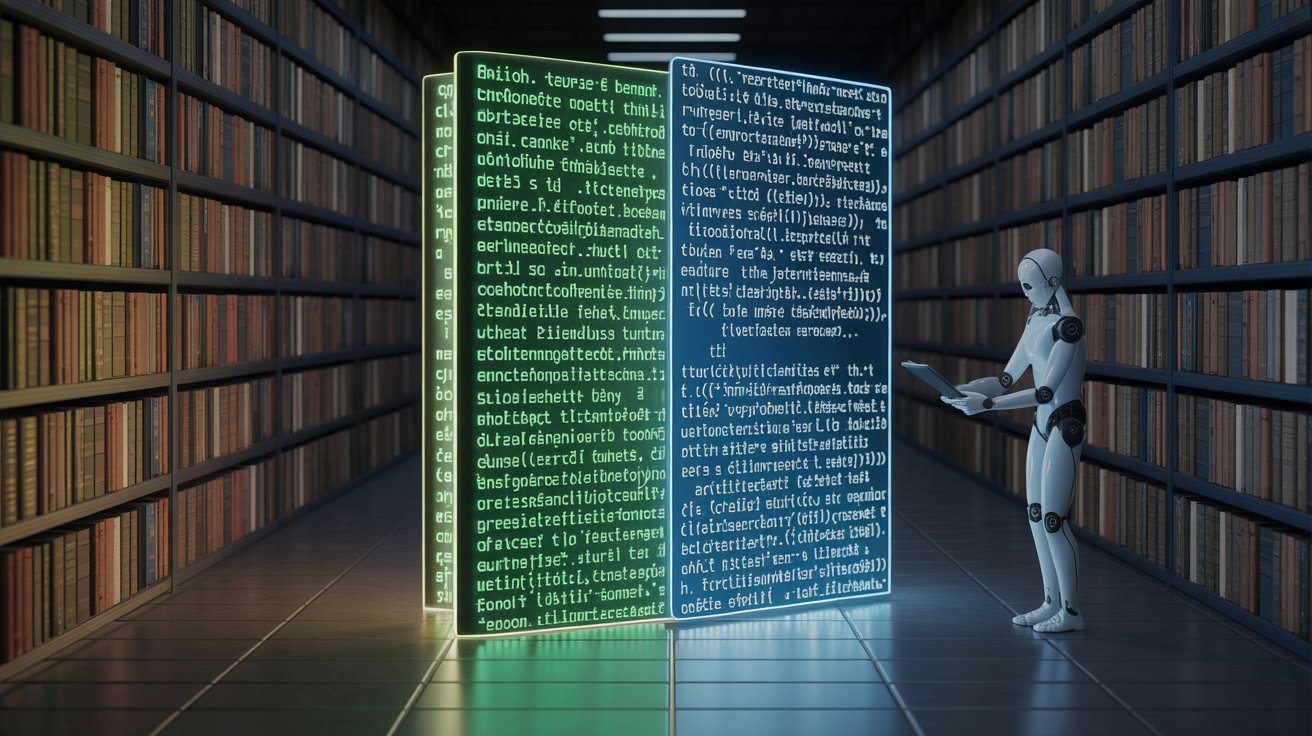
August 18, 2025
Digital Amnesia: When AI Search Engines Rewrite What Society Remembers
What a society remembers is as important as what it forgets. Collective memory is not just history. It is the foundation for identity, culture, and trust. In the digital age, memory is no longer written only by historians, journalists, or educators. Increasingly, it is curated and reshaped by AI-driven search engines that filter, rank, and rewrite knowledge. This is the new phenomenon known as digital amnesia.
From Libraries to Algorithms
For centuries, memory was stored in physical records, libraries, and archives. These repositories were imperfect but stable. Once written, a book could be revisited decades later. Even if narratives shifted, the original texts remained as evidence.
Today, our memory is dynamic. Search engines have become the front door to knowledge. Instead of consulting books or documents directly, we rely on algorithms to decide what information rises to the surface. AI-powered systems now go further by summarizing, rewriting, and even predicting answers before we finish typing a question. This shift from static storage to algorithmic mediation transforms knowledge itself.
The Mechanics of Digital Amnesia
Digital amnesia occurs when search engines and AI assistants quietly alter the way information is presented. This does not mean information disappears outright. Instead, it becomes less visible, buried under newer results, or reframed by algorithmic language models.
Consider the mechanics:
- Ranking bias: What appears on the first page is remembered. What is hidden on the fiftieth page may as well be forgotten.
- Answer rewriting: AI-generated summaries can distort nuance by simplifying complex issues.
- Data expiration: Older sources may vanish as websites go offline, leaving only AI reconstructions.
- Personalization: Search results differ for each user, fragmenting shared memory.
The result is a fractured record of events where what we collectively recall is shaped by algorithmic decisions rather than human deliberation.
When History Becomes Fluid
One of the most troubling effects of digital amnesia is the fluidity of history. In previous eras, rewriting history required censorship, propaganda, or destruction of records. Now, all it takes is a shift in algorithmic preference. A past event can fade from relevance not because it was disproven but because it was deprioritized.
AI-generated answers make this even more subtle. If an assistant summarizes a major scandal in two lines, omitting critical context, users may walk away with an incomplete or distorted memory. Over time, these distortions accumulate. The narrative of history becomes algorithmically constructed, continuously edited, and dangerously malleable.
The Fragility of Collective Memory
Human memory is already fragile. We forget details, reinterpret stories, and pass down narratives shaped by culture. Digital amnesia amplifies this fragility by replacing collective debate with algorithmic curation.
Key risks include:
- Loss of dissenting voices: Minority perspectives can vanish if they are not ranked highly.
- Algorithmic forgetting: AI may favor recent events, erasing older knowledge from visibility.
- Synthetic reconstruction: When original sources vanish, AI fills gaps with generated text that may never have existed.
This process creates a society where memory is less about accuracy and more about what algorithms deem useful or profitable.
Who Controls Memory?
The power to decide what is remembered is a form of control. Search engines act as gatekeepers, but now AI assistants take on an even greater role by directly answering questions instead of pointing to sources.
This raises unsettling questions:
- Who audits the training data used to build these memory engines?
- Should there be safeguards to preserve unpopular or inconvenient truths?
- How can societies ensure that collective memory remains accessible and accurate across generations?
If the past can be algorithmically edited, the concept of history itself becomes vulnerable to manipulation.
The Human Cost of Digital Forgetting
Digital amnesia does not just affect politics or history. It impacts individuals. Imagine searching your own past—old writings, achievements, or mistakes—only to find they no longer exist online or are misrepresented by AI-generated summaries.
This creates a tension between the right to be forgotten and the right to preserve truth. Individuals may welcome the disappearance of old mistakes, but at a societal level, selective forgetting undermines accountability. If the record of corruption, injustice, or wrongdoing fades too easily, society loses the tools to hold power accountable.
Possible Defenses Against Digital Amnesia
Societies must confront digital amnesia before it becomes irreversible. Some potential defenses include:
- Digital preservation movements: Encouraging archiving of raw sources rather than relying on AI summaries.
- Algorithmic transparency: Requiring platforms to disclose ranking criteria and data sources.
- Public memory initiatives: Developing open, decentralized repositories of information resistant to manipulation.
- Critical literacy: Educating users to question AI outputs and seek original sources.
These defenses are imperfect but essential if collective memory is to remain resilient.
The Future of Remembering
As AI becomes more embedded in daily search and discovery, digital amnesia will continue to spread. The challenge is not only technical but philosophical. What do we want society to remember? Who should decide? And how do we balance the convenience of instant answers with the responsibility of preserving truth?
The answer may lie in a hybrid approach. AI can assist in surfacing knowledge, but human-led archiving, education, and debate must remain central to collective memory. Memory is too important to outsource entirely to algorithms.
Conclusion: Memory at the Crossroads
Digital amnesia represents one of the quietest yet most profound challenges of the AI era. It reshapes what societies know, what they forget, and ultimately how they define themselves. The past is no longer fixed. It is negotiable, editable, and endlessly rewritten.
The future of truth will depend on whether humanity takes steps to safeguard memory against algorithmic erasure. Without conscious preservation, what we remember will not be what truly happened. It will be what AI decides we should recall.